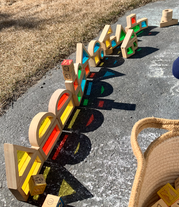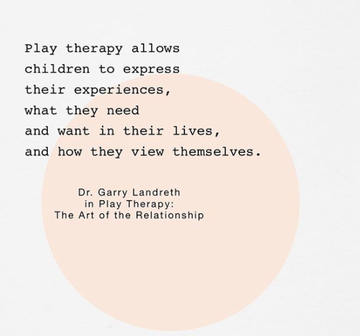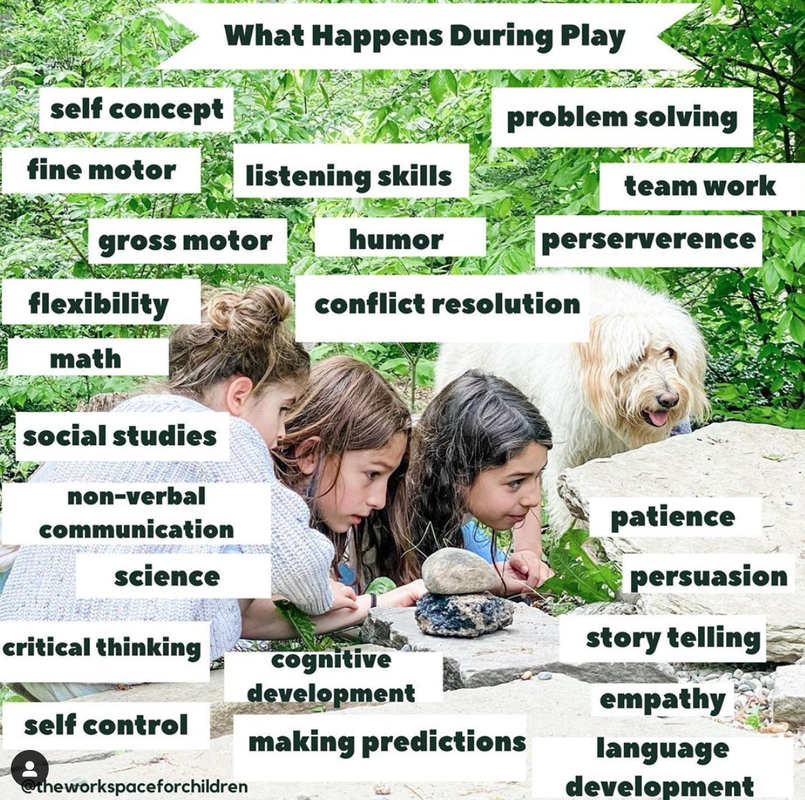play therapy |

What is a RPT-S?
A RPT-S, or Registered Play Therapist Supervisor, is a mental health professional with training and experience working with children and families through the use of play therapy, with the additional background of supervisor training and additional hours required. A RPT and RPT-S has met specific criteria and is registered through the Association for Play Therapy. What's the Difference Between an RPT and RPT-S? For a Registered Play Therapist certification, you must have two (2) years and 2,000 hours of supervised clinical mental health experience (postgraduate direct client contact hours) required by state licensure. In addition to 150 hours of play therapy specific education and 350 hours of play therapy experience under a RPT-S to obtain a RPT title. For a Registered Play Therapist-Supervisor certification, you must also have an additional three (3) years and 3,000 direct client contact hours of clinical experience after initial full licensure. In addition to 150 hours of play therapy specific education, 30 hours of supervisor education, and 500 hours of play therapy experience after obtaining a RPT title to obtain a RPT-S title. What can play therapy address?
Check out these links for more information on Play Therapy and parents & play---
|
What is Play Therapy?
Play therapy is a form of treatment that helps children and families to express their emotions, improve their communication, and solve problems. Play therapy capitalizes on children’s natural ability to express their feelings and resolve conflicts through play. Play therapists use various media, including storytelling, puppet play, drama, music, dance, sand play, painting and drawing, and board games. Play therapy is most appropriate for children ages 3-12 years of age, or with families with children that age. Play is extremely important in a child’s development and understanding of the world they live in. Play is said to be the universal language of children. Toys are a child’s words and play is the language. Children are not equipped with the vocabulary to vocalize and describe their inner and outer experiences. They use play to portrait their experiences, emotions, and feelings in a way they can understand and communicate. Play therapists strive to allow the child to be, to lead the sessions, and look through the child’s eyes for their understanding of the world and their experiences. How effective is Play Therapy?
Play therapy is one of the most empirically validated forms of therapy for children and families. Some studies indicate that play therapy can exert positive effects for several years after the end of treatment. A Note on Filial Play Therapy:
|

